By Odunewu Segun
Deposit Money Banks (DMBs) are increasingly defying attempts by the Central Bank of Nigeria (CBN) to keep hold of a non-market based determined exchange rate regime, especially with the collapse of liquidity in the interbank market due to CBN’s tight control.
The naira traded at a record low of N376.63 to the dollar last week Tuesday, November 8 at the open of trade on the interbank market, before picking up to trade at N328.90 to the dollar following the intervention of the apex bank with total volumes traded at $73.08 million.
National gathered that the CBN had directed banks not to bid for dollars at a rate exceeding N315 for amounts less than $1.5m, and for amount larger than $1.5m, requesting that banks call the CBN governor to agree on an appropriate exchange rate
However, banks are beginning to flout these informal rules as they fill orders for their clients wishing to bring dollars into the country at more realistic exchange rates.
According to a financial expert, Banks have closed some $85 million of deals in the last two weeks for foreign investors bringing in dollars at a rate closer to N400 per dollar. Traders say Emefiele gave his nod to the deals. They disclosed that usually when there is a huge inflow, the bank attracting the inflow would request for a more realistic rate to enable it bring it in.
It is understood an investor who brought in an inflow of about US$60 million on November 7 was able to get the nod of the CBN to bring it in at N380 to the US$. Also on November 8, an inflow of US$81million was executed at N380, traders tell National Daily.
The arbitrary nature of determining the exchange rate has created confusion among banks in the interbank market. Sources say some banks apply and do not get the permission, while other banks apply and get permission to do deals at even higher rates, a situation that has resulted in some banks not even bothering to get the nod of the CBN before accepting new inflows at a more market friendly rate, closer to N400 to the US$.
Investigations also revealed that the CBN’s current tight control of the foreign exchange market has created merchants who go about offering to help manufacturers’ access dollars from the CBN for a commission.
The wide spread between the official and unofficial rate of the naira has given room for sharp practices, analysts say.
The last official trade of the naira on November 8 at N328.90 per dollar represents a spread of N136.1 between the official and unofficial rate, which traded at an average of N465 per dollar on Tuesday.
Analysts say policy uncertainty is the major driver of the widening gap between the official and black market rates, as investors wait to see the next move of the CBN after peer, the Central Bank of Egypt floated its local currency on Friday, November 04, 2016 to trigger independent dollar inflows.
Portfolio investors are probably anticipating a further depreciation and are simply waiting for a favourable time to get good value for their money before they deploy much higher amounts of capital to Nigeria, a trader told National Daily.
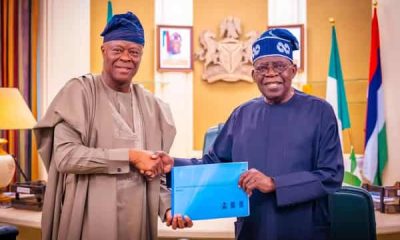
 Business6 days ago
Business6 days ago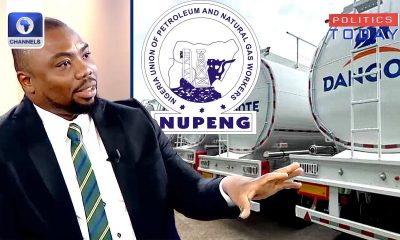
 Business6 days ago
Business6 days ago
 Business6 days ago
Business6 days ago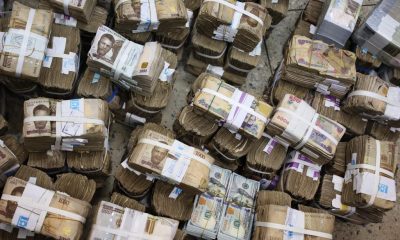
 Latest1 day ago
Latest1 day ago
 Business6 days ago
Business6 days ago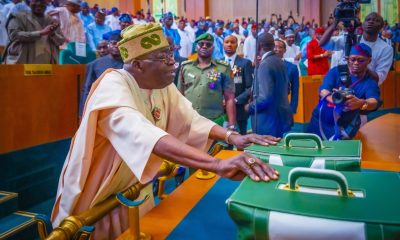
 Business6 days ago
Business6 days ago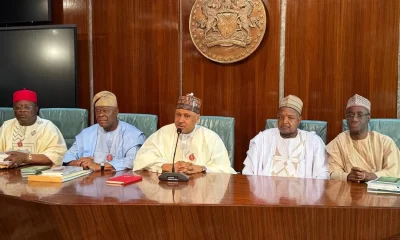
 Politics6 days ago
Politics6 days ago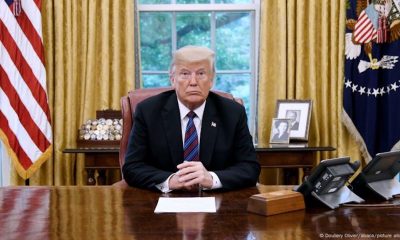
 Latest2 days ago
Latest2 days ago

